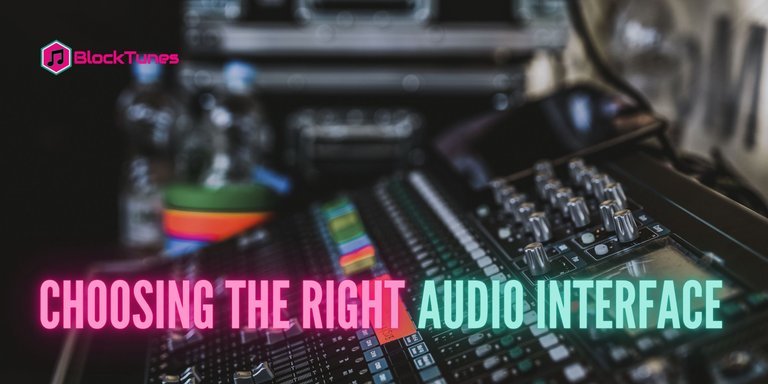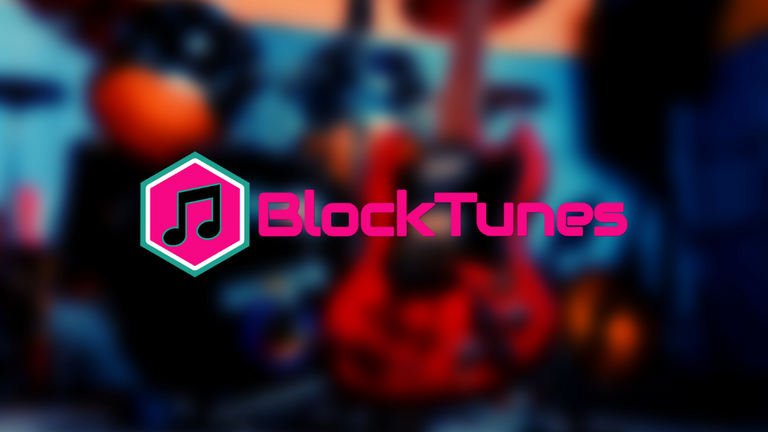
As a musician or producer, having a home studio can be a great way to create and record music on your own terms. But to truly capture the best possible sound, you'll need the right gear. One essential piece of equipment for any home studio is an audio interface.
An audio interface is a device that connects your microphone, instruments, and other audio sources to your computer. It acts as a bridge between your analog sound sources and the digital world of your computer, allowing you to record, edit, and produce high-quality audio.
With so many audio interfaces on the market, it can be overwhelming to find the right one for your home studio. In this post, we'll go over some key factors to consider when choosing an audio interface, to help you find the perfect one for your needs.
Inputs and Outputs
The first thing to consider when shopping for an audio interface is the number of inputs and outputs it has. The inputs are the ports where you'll plug in your microphone, instruments, and other audio sources. Outputs are the ports where you'll send the audio to your speakers or headphones.
If you're planning on recording a full band or multiple instruments at once, you'll need an interface with multiple inputs. On the other hand, if you're just going to be recording yourself or a single instrument, a single input may be sufficient.
Outputs are also important to consider. Many interfaces have multiple outputs, which can be useful if you want to send audio to different sets of speakers or headphones.
Sample Rate and Bit Depth
Sample rate and bit depth are two technical specifications that determine the quality of your audio recordings. Sample rate refers to the number of samples of audio recorded per second, measured in hertz (Hz). Bit depth refers to the number of bits used to represent each sample.
Most audio interfaces on the market today support a sample rate of at least 44.1kHz and a bit depth of 24-bits. These are considered industry standard and will give you high-quality recordings.
However, if you're looking for the highest possible quality, you may want to consider an interface with a higher sample rate and bit depth. Some interfaces support sample rates up to 192kHz and bit depths of 32-bits.
Connectivity
Another important factor to consider is connectivity. Most audio interfaces connect to your computer via USB, Firewire, or Thunderbolt. USB is the most common and is compatible with most computers. Firewire is a bit faster and more stable than USB, but it's not as widely supported. Thunderbolt is the fastest and most stable, but it's only available on Apple computers.
Another option is an audio interface with built-in wifi and can connect to your computer wirelessly, which can be a convenient feature for home studio setup.
Brand and Price
The last thing to consider is brand and price. There are many well-known brands in the audio interface market, such as Focusrite, PreSonus, and Universal Audio. They offer a wide range of interfaces at different price points, so you can find one that fits your budget. It's also worth checking out some lesser-known brands, as they may offer similar features at a lower price.
Ultimately, the right audio interface for your home studio will depend on your specific needs and preferences. By considering the factors discussed in this post, you'll be well on your way to finding the perfect interface for your home studio setup.
Happy recording!
Join The Independent Music Revolution
NFT MARKETPLACES | WEB 3 MUSIC SOCIAL MEDIA | WORLDWIDE MUSIC DISTRIBUTION
BUILT USING THE HIVE AND POLYGON BLOCKCHAINS
Follow Our Curation Trail
Follow our curation trail on Hive.vote and rack up some rewards when we vote on awesome music content on the Hive blockchain! If you have some $MUSIC tokens staked in your Hive Engine wallet, then you will participate in the distribution of our awesome community token and earn more that you can use to buy $MUSIC NFTs!
Delegate HP and Earn $MUSIC
Delegate Hive Power to either @blocktunes or the @blocktunesdao and earn 0.05 MUSIC tokens for every 1 Hive Power delegated, plus receive tiered automatic votes and a follow from the @blocktunes account!
Vote our Hive Engine Witness with WORKERBEE
Support by voting for the @blocktunesdao Hive-Engine Witness with WORKERBEE stake at Tribaldex
